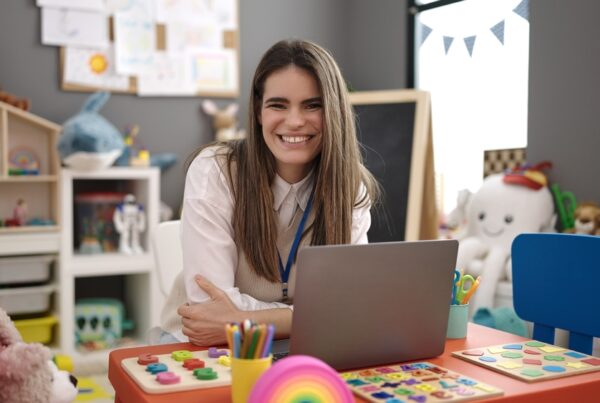A landmark study from Monash University has found that infants and toddlers are capable of engaging in imaginary play, correcting previously held academic beliefs that they were unable to, and confirming the profound significance of imaginative play in early childhood education.

Funded through the Australian Research Council Laureate Fellowship scheme, the five year programmatic study, which involved researchers from the Faculty of Education at Monash University, engaged with over 2,500 educators and young children.
The findings from the Conceptual PlayWorld research project has identified that when children engage in imaginary play, they transition from perceiving objects as they are to imagining them as something else. This fundamental shift in perspective signifies a crucial developmental milestone for toddlers and infants.
Australian Research Council Laureate Professor Marilyn Fleer, from Monash University, said this form of play is not only essential for fostering imagination but also for supporting learning, particularly in abstract concepts like measurement.
“What we’ve found in our research has completely reshaped our understanding of the importance of imaginary play in early childhood development and its impact on STEM learning,” said Professor Fleer.
“Imaginary play is integral to the development of the psychological function of imagination. This function is vital for comprehending abstract concepts, as well as thinking about the past and the future. Imagination empowers us to create and combine familiar experiences in novel ways, envisioning things that do not yet exist.”
The Conceptual PlayLab research reveals that early childhood educators who introduced a Conceptual PlayWorld into their childcare centres also extended their pedagogical techniques to cultivate and sustain pretend play within the centre.
Kerrie Devir, an early childhood educator from Monash Community Family Co-operative, participated in the research and said prior to this study she would have said that imaginative play was a skill used only by older children aged above four.
“This research has really challenged the conventional view that object play is the only play stage for infants and toddlers. Instead, we now regularly include imaginary play in our early childhood settings and we’ve seen results where even our youngest children are engaging in the activities,” said Kerrie Devir.
The Conceptual PlayWorld intervention also involved educators participating in self-paced professional development to plan and implement a Conceptual PlayWorld into their childcare centres. This online resource was accessible to all and transformed the educators’ beliefs and practices, making them pedagogical leaders and change agents in their centres.
“To nurture the psychological function of imagination, our research emphasises the importance of supporting imaginary play within our communities and educational settings,” Professor Fleer said.
To learn more about this research, please visit: https://www.monash.edu/conceptual-playworld









